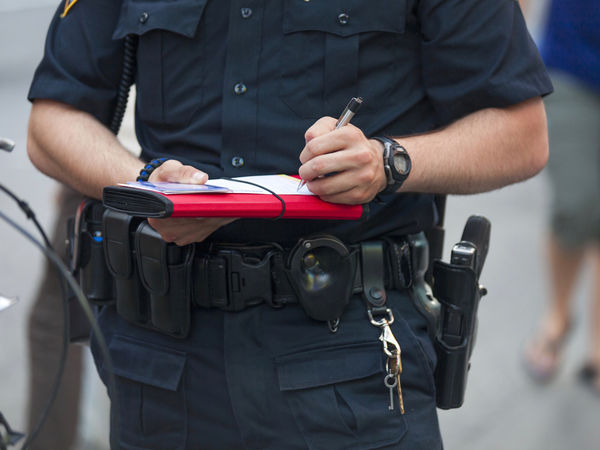Do you need an Interpreter after a car crash?

What to do in a car crash
June 30, 2017
Community Pool Party 2016
July 7, 2017Almost every time a car crash occurs the police will respond. When the police show up to the scene of a crash they will make sure that everyone is alright and then evaluate what happened based on what they see and what they hear and compile that information. Ultimately that information gathering will result in the officer filing an important document called a police report or accident report. The police officer is tasked with the responsibility of investigating the crash and determining who, if anyone, is at fault. Car crashes don’t happen without someone ignoring or failing to follow the basic safety rules that keep all of us safe from harm. The police officer will investigate the crash and determine who is at fault or rather who failed to follow the basic safety rules. Whoever the police officer decides broke the safety rules will then (typically) be issued a citation for their violation(s). Most of the time, as part of their investigation, a police officer will have a discussion with both parties involved in order to hear each side of the story. These discussions can be very persuasive and helpful in allowing the officer to make his fault determination. Often, the police officer will talk with one party alone and then speak to the other party alone in order to allow private discussion.
This is a great approach but how does this work when a Deaf person is involved in a crash? Unfortunately, most of the time when a deaf person is involved in a crash everything happens so fast that an interpreter is not called. Often this results in the police officer only hearing one side of the story and making his fault determination based on only half of the story. Is this fair? No, and it may end up hurting your personal injury case. Insurance companies rely heavily on what is stated in the police report. If the police officer is making conclusions based on only 50% of the story then his conclusion may be wrong. If the conclusions are wrong and the wrong person is cited or improper facts are included in the police report it may make your case more difficult or cause the insurance company to deny coverage.
Recommendation:
If you are deaf and involved in a crash, make sure that the officer does not conclude his investigation without you being able to explain your side of the story in your native language. If you have someone that can interpret for you and interpret accurately then use them. If you can text or VP someone to come to the scene immediately then do that. If you have to call someone on your phone and sign while they voice out loud what happened so the officer can hear do that. If you have to use your cell phone and call through a relay service to the officer’s phone and communicate with him through a relay interpreter then do that. Whatever you decide to do, just make sure that the officer understands what happened from your perspective. Do not make the mistake of thinking that you do not need to share your side of the story or you may be the victim of a wrongful insurance denial or maybe even be blamed for something you did not even do.
Please, if you are in a car crash, make sure that you have some way to communicate your story to the responding officer. The technology today provides several opportunities so make sure that you use them. If you don’t there could be a negative impact on your ability to recover money to pay your medical bills, lost wages, and pain and suffering.

